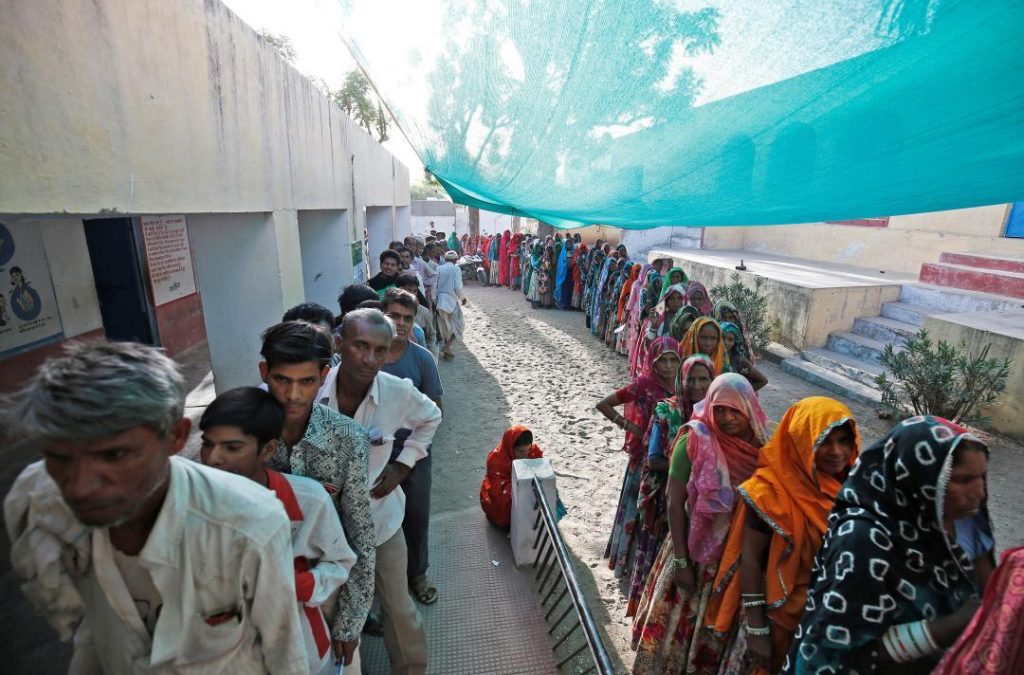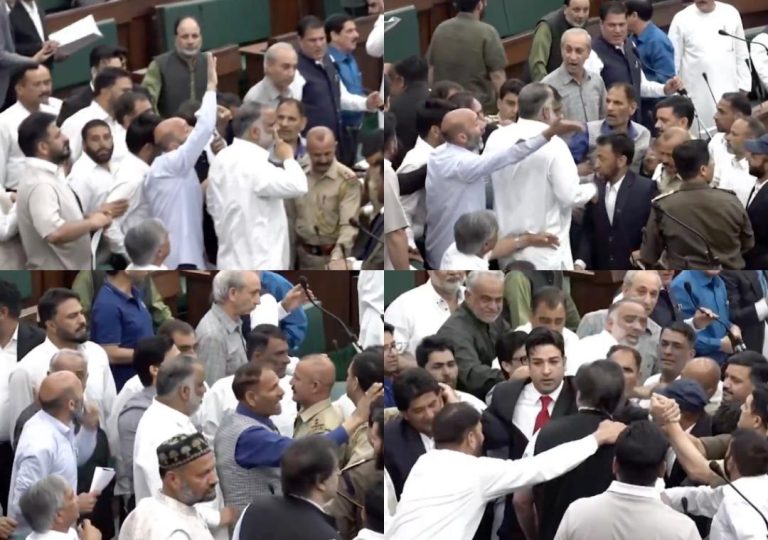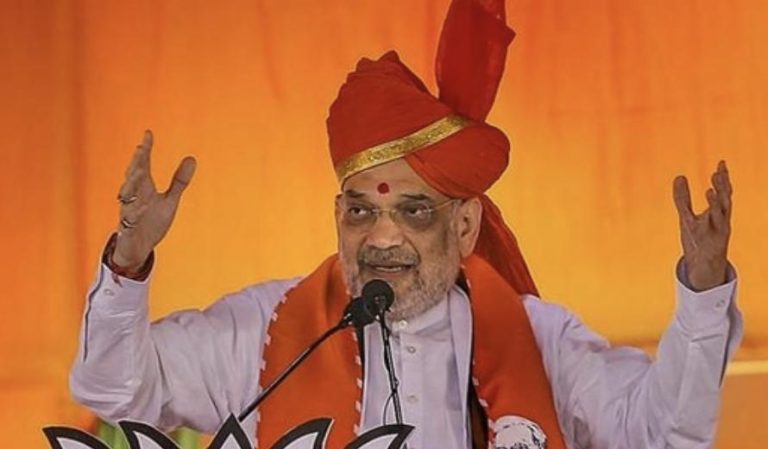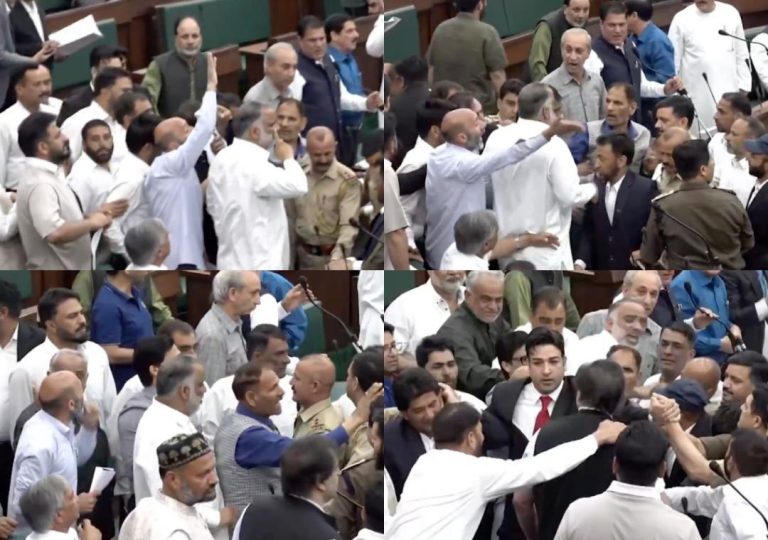
BJP Reacts to US’ $21-mn Grant for ‘Voter Turnout in India’, Calls it ‘External Interference’
In a recent development that has sparked controversy, the Indian Bharatiya Janata Party (BJP) has reacted strongly to the announcement of a $21 million grant by the US Department of Government Efficiency (DOGE) for increasing voter turnout in India. The grant, which was approved by the Joe Biden-led administration, has been cancelled by Elon Musk-led DOGE, citing “overlapping priorities” and “lack of clarity” in the project’s objectives.
However, BJP’s Amit Malviya, a senior party functionary, has taken to social media to express his party’s displeasure over the grant, terming it “external interference” in India’s electoral process. ” $21M for voter turnout? This definitely is external interference in India’s electoral process. Who gains from this? Not the ruling party for sure!”, Malviya tweeted, sparking a heated debate on the issue.
The grant, which was part of the US government’s efforts to promote democracy and electoral processes around the world, had been widely welcomed by many in India. The program aimed to increase voter turnout by supporting civic education, voter registration drives, and other initiatives to make the electoral process more inclusive and participatory.
However, the BJP’s reaction to the grant suggests that the party is wary of any external interference in India’s internal affairs, particularly in the sensitive area of electioneering. The party has long been critical of foreign funding and interference in Indian politics, and has often accused opposition parties of being beholden to foreign powers.
Malviya’s tweet has been seen as a classic example of the BJP’s tendency to conflate any foreign assistance or involvement in Indian politics with “external interference” or “foreign funding”. The party’s stance has been criticized by many as an attempt to stifle dissent and suppress legitimate criticism of the government’s policies.
Critics of the BJP’s stance argue that the grant was a legitimate effort by the US government to promote democratic values and principles, and that it was not intended to influence the outcome of India’s elections. They point out that the grant was not targeted at any particular political party or ideology, but was aimed at supporting the democratic process as a whole.
The controversy over the grant has also highlighted the growing tensions between the BJP-led government and the opposition parties in India. The opposition parties have long accused the government of being authoritarian and intolerant of dissent, and the controversy over the grant has provided them with fresh ammunition to attack the government.
In response to Malviya’s tweet, many on social media have argued that the grant was a legitimate effort by the US government to promote democracy and that it was not intended to influence the outcome of India’s elections. “This is not external interference, it’s an effort to promote democracy and participation in the electoral process”, tweeted @RahulKumar, a social media user.
Others have argued that the grant was a necessary step to address the issues of low voter turnout and lack of civic engagement in India. “Voter turnout in India is one of the lowest in the world. Any effort to increase participation in the electoral process is welcome”, tweeted @SoniaSharma, another social media user.
The controversy over the grant has also sparked a debate over the role of foreign funding and interference in Indian politics. Some have argued that foreign funding and interference are a threat to India’s sovereignty and democratic values, while others have argued that they are a necessary evil in a world where international cooperation and collaboration are increasingly important.
In conclusion, the controversy over the $21 million grant by the US Department of Government Efficiency for increasing voter turnout in India is a complex issue that has sparked a heated debate in India. While the BJP has reacted strongly to the grant, terming it “external interference”, many others have argued that it is a legitimate effort by the US government to promote democracy and civic engagement in India.
As the debate continues, it is essential for all stakeholders to engage in a constructive and respectful dialogue to promote the values of democracy, transparency, and accountability in Indian politics.
Source: https://x.com/amitmalviya/status/1890874765780336799






